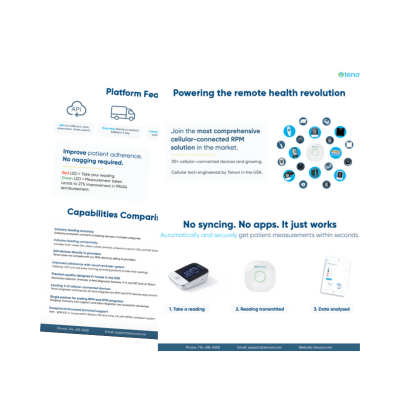As we peer into the horizon of the ever-evolving healthcare landscape, telehealth in the future emerges as one solution to reshape the way we access and experience medical care. This article explores a new report that provides insights into what to expect in 2023 and beyond.
What Experts Expect From Telehealth in the Future
Regarding telehealth in the future and the year 2023, medical experts expect several changes and advancements in the healthcare industry in the form of new technologies and innovations that are expected to increase the adoption of digital health technologies further. Sage Growth Partners, Telehealth in 2023 report provides predictions and insights for the year ahead. The report is a survey of practice-based physicians and hospital executives that reveals insights into how the telehealth industry is changing.
What did the Telehealth in 2023 Survey Ask?
- Has telehealth usage peaked, or will practices and hospitals expand services in 2023?
- What key objectives will practices and hospitals hope to achieve by offering telehealth services in 2023?
- How do practices and hospitals believe telehealth impacts clinical outcomes—and how might that change in 2023?
- What aspects of telehealth will practices and hospitals focus most on improving in 2023?
Key Findings from the Telehealth in the Future Report
- 52% of practice-based physicians and 35% of hospital executives believe that providing telehealth services increases support staff workload.
- 64% of practice-based physicians and 66% of hospital executives indicate that telehealth enables their organization to provide comprehensive quality care.
- Respondents said that the top benefits of telehealth offerings are enhanced patient access and increased patient satisfaction.
- 57% of organizations surveyed have not yet created new patient workflows for telehealth visits.
Telehealth in the Future and Remote Patient Monitoring
Your healthcare partners may consider implementing RPM and telehealth in the future for a few reasons. First, telehealth and RPM optimize preventive care outcomes by focusing on early intervention and timely treatment. Clinicians use accumulated health data to better care for their patients and promptly intervene.
Second, CMS continues to expand payment options for remote monitoring devices and software services under the Medicare Physician Fee Schedule (MPFS). Hence, for organizations that treat patients with chronic conditions, RPM is an opportunity to improve long-term outcomes for patients and businesses alike. Because CPT Code 99457 is billable as “incident to” under general supervision, Medicare providers can contract third-party remote patient monitoring companies to help with workflow.
How Do RPM Companies Help With Workflow?
Telehealth in the future, combined with remote patient monitoring, offers several opportunities for healthcare providers. Several pricing structures are used depending on how much of the RPM process the healthcare practice wants to handle. Full-service models can cover RPM tasks such as:
- Device set-up
- Patient education
- Data review
- Patient interaction
On the other hand, basic service models generally only cover device set-up and patient education. This means physicians must perform data reviews and patient interaction. While a basic service model yields more ROI, it also adds more tasks to a physician’s workload. Therefore, evaluating all costs associated with the physician’s time is crucial.
Equally important is considering additional components involved in RPM services. In other words: shipping devices to patients, onboarding patients, and technical support. As a result, a full-service model may be worth the investment.
Regarding remote patient monitoring and telehealth in the future, Tenovi is committed to enhancing preventive patient care and simplifying managing patient data for healthcare providers. Tenovi is the only platform that includes RPM devices for neuromuscular rehab. Our easy-to-use devices automatically transmit data through our cellular gateway to help optimize care for patients with chronic care conditions such as heart disease, COPD, diabetes, kidney disease, and hypertension. Get in touch to schedule a free demo and consultation.

